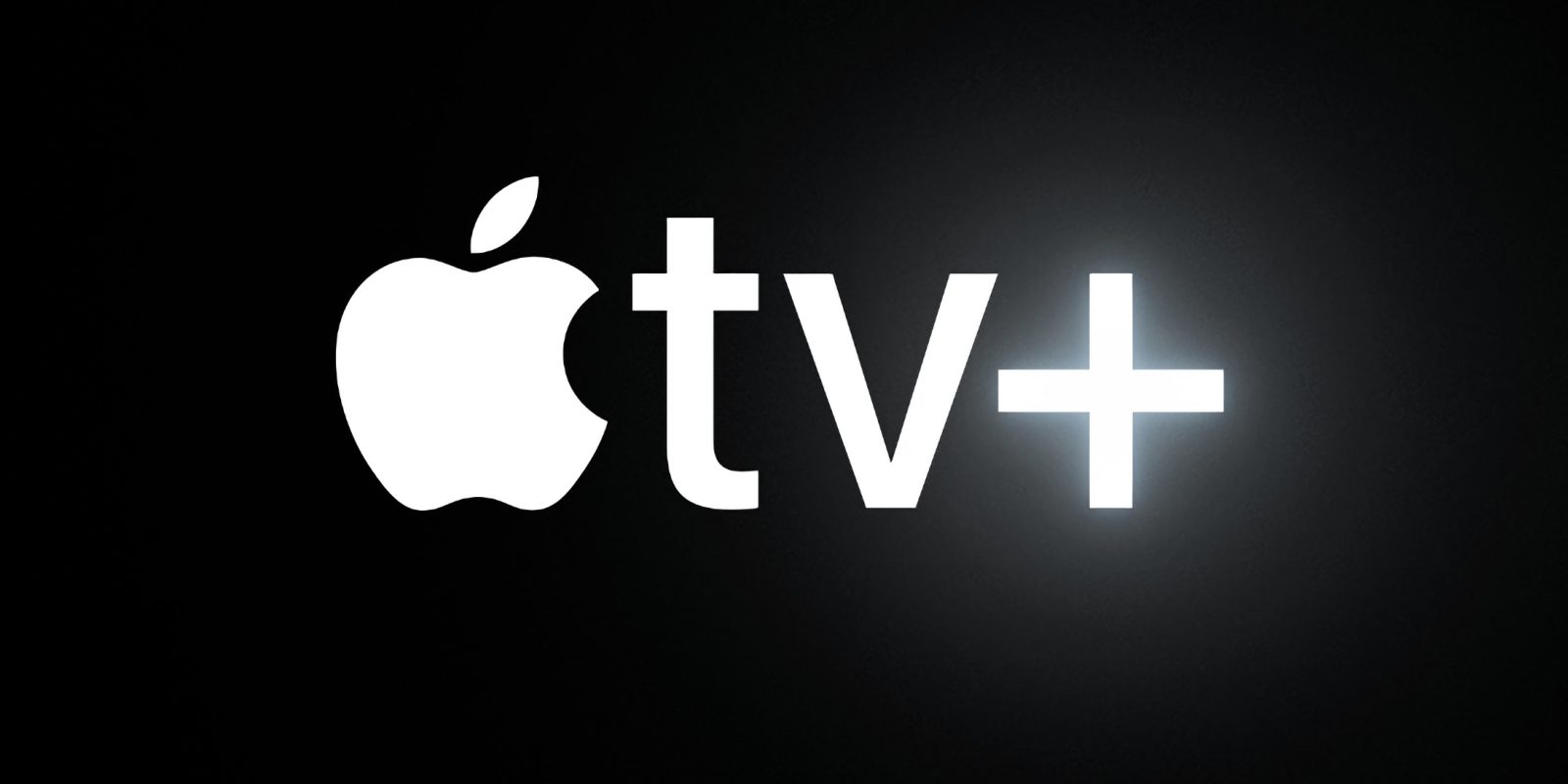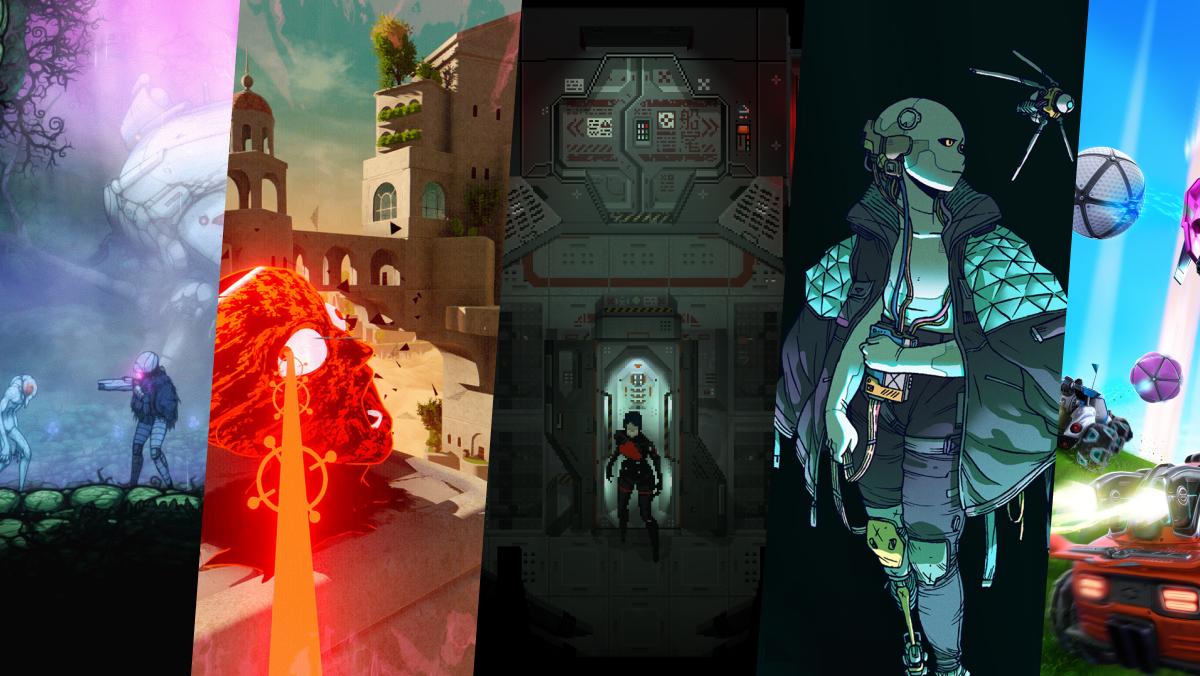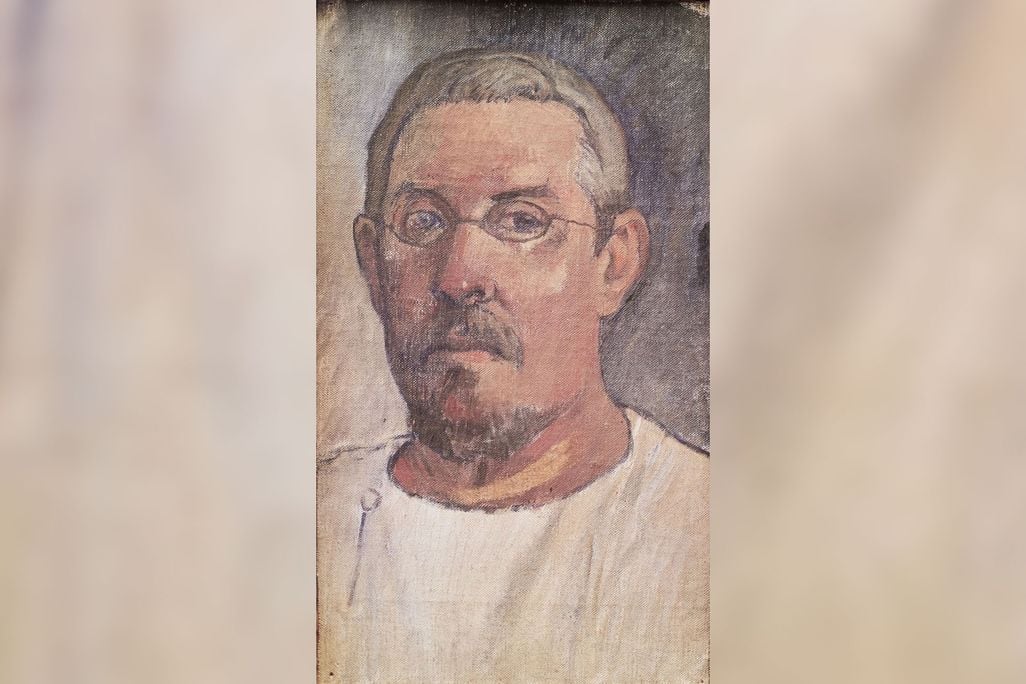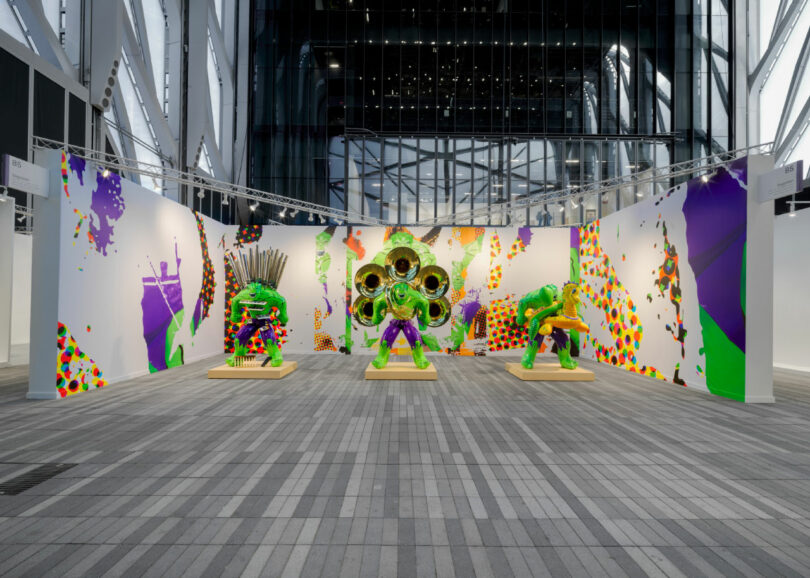With Letter to Trump, Evangelical Leaders Join the AI Debate
Two Evangelical Christian leaders sent an open letter to President Trump on Wednesday, warning of the dangers of out-of-control artificial intelligence and of automating human labor.The letter comes just weeks after the new Pope, Leo XIV, declared he was concerned with the “defense of human dignity, justice and labor” amid what he described as the “new industrial revolution” spurred by advances in AI.“As people of faith, we believe we should rapidly develop powerful AI tools that help cure diseases and solve practical problems, but not autonomous smarter-than-human machines that nobody knows how to control,” reads the open letter, signed by the Reverends Johnnie Moore and Samuel Rodriguez. “The world is grappling with a new reality because of the pace of the development of this technology, which represents an opportunity of great promise but also of potential peril especially as we approach artificial general intelligence.”Rodriguez, the President of the National Hispanic Christian Leadership Conference, spoke at Trump’s first presidential inauguration in 2017. Moore, who is also the founder of the public relations firm Kairos, served on Trump’s Evangelical executive board during his first presidential candidacy.The letter is a sign of growing ties between religious and AI safety groups, which share some of the same worries. It was shared with journalists by representatives of the Future of Life Institute—an AI safety organization that campaigns to reduce what it sees as the existential risk posed by advanced AI systems.The world’s biggest tech companies now all believe that it is possible to create so-called “artificial general intelligence”—a form of AI that can do any task better than a human expert. Some researchers have even invoked this technology in religious terms—for example, OpenAI’s former chief scientist Ilya Sutskever, a mystical figure who famously encouraged colleagues to chant “feel the AGI” at company gatherings. The emerging possibility of AGI presents, in one sense, a profound challenge to many theologies. If we are in a universe where a God-like machine is possible, what space does that leave for God himself?“The spiritual implications of creating intelligence that may one day surpass human capabilities raises profound theological and ethical questions that must be thoughtfully considered with wisdom,” the two Reverends wrote in their open letter to President Trump. “Virtually all religious traditions warn against a world where work is no longer necessary or where human beings can live their lives without any guardrails.”Though couched in adulatory language, the letter presents a vision of AI governance that differs from Trump’s current approach. The president has embraced the framing of the U.S. as in a race with China to get to AGI first, and his AI czar, David Sacks, has warned that regulating the technology would threaten the U.S.’s position in that race. The White House AI team is stacked with advisors who take a dismissive view of alignment risks—or the idea that a smarter-than-human AI might be hostile to humans, escape their control, and cause some kind of catastrophe.“We believe you are the world’s leader now by Divine Providence to also guide AI,” the letter says, addressing Trump, before urging him to consider convening an ethical council to consider not only “what AI can do but also what it should do.”“To be clear: we are not encouraging the United States, and our friends, to do anything but win the AI race,” the letter says. “There is no alternative. We must win. However, we are advising that this victory simply must not be a victory at any cost.”The letter echoes some themes that have increasingly been explored inside the Vatican, not just by Pope Leo XIV but also his predecessor, Pope Francis. Last year, in remarks at an event held at the Vatican about AI, Francis argued that AI must be used to improve, not degrade, human dignity.“Does it serve to satisfy the needs of humanity, to improve the well-being and integral development of people?” he asked. Or does it “serve to enrich and increase the already high power of the few technological giants despite the dangers to humanity?”To some Catholic theologians, AGI is simply the newest incarnation of a long-standing threat to the Church: false idols. “The presumption of substituting God for an artifact of human making is idolatry, a practice Scripture explicitly warns against,” reads a lengthy missive on AI published by the Vatican in January. “AI may prove even more seductive than traditional idols for, unlike idols that ‘have mouths but do not speak; eyes, but do not see; ears, but do not hear’, AI can ‘speak,’ or at least gives the illusion of doing so. Yet, it is vital to remember that AI is but a pale reflection of humanity—it is crafted by human minds, trained on human-generated material, responsive to human input, and sustained through human labor.”
#with #letter #trump #evangelical #leaders
With Letter to Trump, Evangelical Leaders Join the AI Debate
Two Evangelical Christian leaders sent an open letter to President Trump on Wednesday, warning of the dangers of out-of-control artificial intelligence and of automating human labor.The letter comes just weeks after the new Pope, Leo XIV, declared he was concerned with the “defense of human dignity, justice and labor” amid what he described as the “new industrial revolution” spurred by advances in AI.“As people of faith, we believe we should rapidly develop powerful AI tools that help cure diseases and solve practical problems, but not autonomous smarter-than-human machines that nobody knows how to control,” reads the open letter, signed by the Reverends Johnnie Moore and Samuel Rodriguez. “The world is grappling with a new reality because of the pace of the development of this technology, which represents an opportunity of great promise but also of potential peril especially as we approach artificial general intelligence.”Rodriguez, the President of the National Hispanic Christian Leadership Conference, spoke at Trump’s first presidential inauguration in 2017. Moore, who is also the founder of the public relations firm Kairos, served on Trump’s Evangelical executive board during his first presidential candidacy.The letter is a sign of growing ties between religious and AI safety groups, which share some of the same worries. It was shared with journalists by representatives of the Future of Life Institute—an AI safety organization that campaigns to reduce what it sees as the existential risk posed by advanced AI systems.The world’s biggest tech companies now all believe that it is possible to create so-called “artificial general intelligence”—a form of AI that can do any task better than a human expert. Some researchers have even invoked this technology in religious terms—for example, OpenAI’s former chief scientist Ilya Sutskever, a mystical figure who famously encouraged colleagues to chant “feel the AGI” at company gatherings. The emerging possibility of AGI presents, in one sense, a profound challenge to many theologies. If we are in a universe where a God-like machine is possible, what space does that leave for God himself?“The spiritual implications of creating intelligence that may one day surpass human capabilities raises profound theological and ethical questions that must be thoughtfully considered with wisdom,” the two Reverends wrote in their open letter to President Trump. “Virtually all religious traditions warn against a world where work is no longer necessary or where human beings can live their lives without any guardrails.”Though couched in adulatory language, the letter presents a vision of AI governance that differs from Trump’s current approach. The president has embraced the framing of the U.S. as in a race with China to get to AGI first, and his AI czar, David Sacks, has warned that regulating the technology would threaten the U.S.’s position in that race. The White House AI team is stacked with advisors who take a dismissive view of alignment risks—or the idea that a smarter-than-human AI might be hostile to humans, escape their control, and cause some kind of catastrophe.“We believe you are the world’s leader now by Divine Providence to also guide AI,” the letter says, addressing Trump, before urging him to consider convening an ethical council to consider not only “what AI can do but also what it should do.”“To be clear: we are not encouraging the United States, and our friends, to do anything but win the AI race,” the letter says. “There is no alternative. We must win. However, we are advising that this victory simply must not be a victory at any cost.”The letter echoes some themes that have increasingly been explored inside the Vatican, not just by Pope Leo XIV but also his predecessor, Pope Francis. Last year, in remarks at an event held at the Vatican about AI, Francis argued that AI must be used to improve, not degrade, human dignity.“Does it serve to satisfy the needs of humanity, to improve the well-being and integral development of people?” he asked. Or does it “serve to enrich and increase the already high power of the few technological giants despite the dangers to humanity?”To some Catholic theologians, AGI is simply the newest incarnation of a long-standing threat to the Church: false idols. “The presumption of substituting God for an artifact of human making is idolatry, a practice Scripture explicitly warns against,” reads a lengthy missive on AI published by the Vatican in January. “AI may prove even more seductive than traditional idols for, unlike idols that ‘have mouths but do not speak; eyes, but do not see; ears, but do not hear’, AI can ‘speak,’ or at least gives the illusion of doing so. Yet, it is vital to remember that AI is but a pale reflection of humanity—it is crafted by human minds, trained on human-generated material, responsive to human input, and sustained through human labor.”
#with #letter #trump #evangelical #leaders
·68 Ansichten








